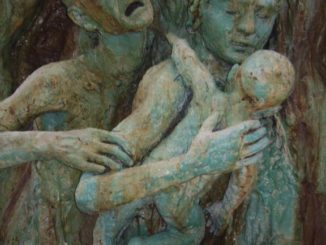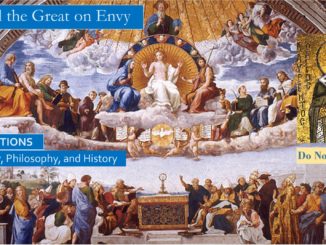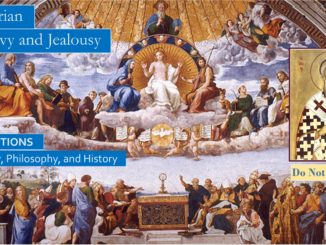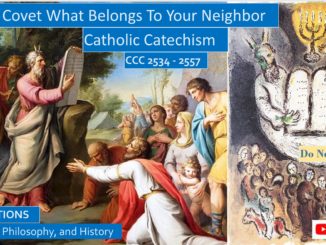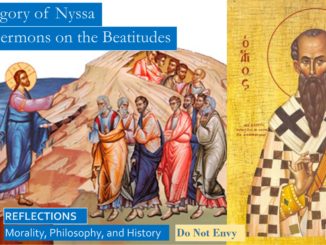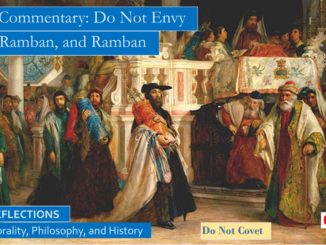
The Decalogue in the Torah, Blog 5, Coveting Tempts You To Harm Your Neighbor
Why does Rambam list these Mitzvoth thus? Is it because Exodus precedes Deuteronomy? This is not a good answer, for when studying Torah we should always favor the interpretation that draws us to Love Adonoy more intensely. Maybe Rambam is suggesting that coveting followed quickly by trying to buy your neighbor’s possessions is bad enough, but laying awake at night desiring and dreaming of your neighbor’s property is far worse. Coveting is perverse idolatry. Coveting counts here for coveting, the looking and the desiring, always precedes adultery. […]

